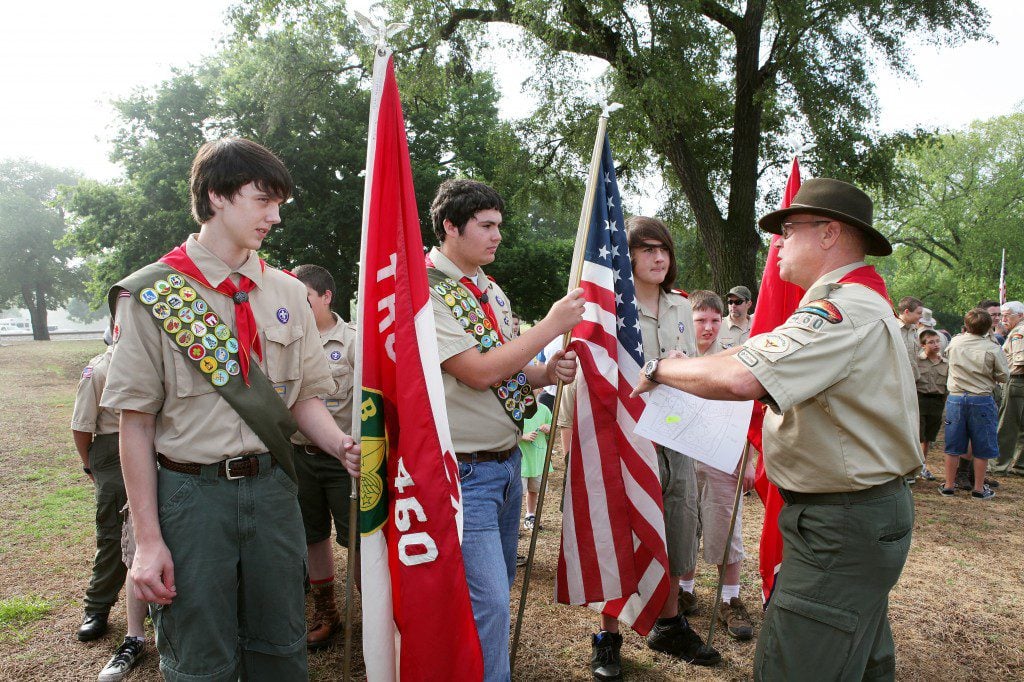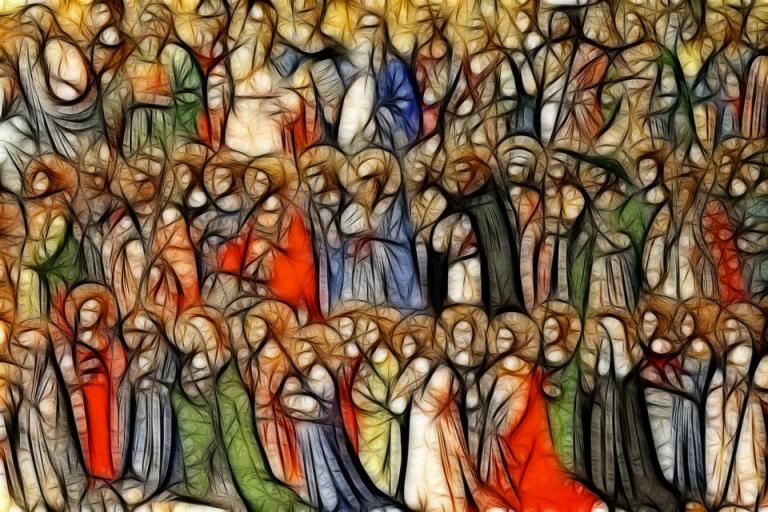So, as it happens, 15 years ago, a transgender activist declared March 31st to be “Transgender Day of Visibility,” with the date chosen to spread the various “days” of transgender/LGBTetc. acknowledgement/awareness/celebration (as proclaimed by activists) throughout the year. When Biden came into office, he/his staff elevated this to official recognition through a proclamation, which went relatively unnoticed by the “outside” world until the proclamation was issued on Good Friday and the day itself coincided with Easter, and a heck of a lot of government officials appeared more eager to celebrate/make official this observance than the most significant holiday of the largest religion in the country. And, in response, various twitter accounts have unearthed lists of the relentlessly growing numbers of days/weeks/months meant to celebrate LGBTetc. people as a whole or divided into endlessly growing subcategories. (There are long lists at Wikipedia, at GLAAD, and at LGBTQNation – which also lists Holocaust Remembrance Day because of the gay men who were victims.) Oh, and also in response, yet other twitter accounts respond, “Transgender Day of Visibility is always March 31 so it’s not the fault of the activists who chose this day that this year Easter coincides” or “TDoV is a secular observance and Easter isn’t so it’s entirely appropriate that our elected officials commemorate the first and not the second of these.”
And our calendar is indeed getting crowded with these days, weeks, and months honoring various minority groups in the United States, with “heritage months.” The website goodgoodgood.co has a list: Black History Month in February, Women’s History Month in March (along with Irish Americans and Greek Americans), Arab Americans in April, Asian Americans and Pacific Islanders in May (along with Jewish Americans), Pride Month in June (along with Caribbean Americans and Immigrants, in general), the Disabled in July (along with the roughly 10 French Americans), Transgender History Month in August, Hispanics from mid-September to mid-October, Germans, Filipinos, and Italians in October, and Native Americans in November. It would appear the Poles are missing from the roster of “months” but Wikipedia says they are also assigned October, though apparently they no longer get official “proclamations” and I suspect that this website’s list is also a bit of a mix of “history months” or “heritage months” which get the special observances by the government, schools, etc., and those which were assigned to a month just for completeness’s sake.
Which gets me to my “if you can’t beat ’em, join ’em” moment — because what we really need is not another celebration of what separates us. Instead, consider this quote from Alexis De Tocqueville’s Democracy in America, book 2, chapter 5:
Americans of all ages, all conditions, and all dispositions, constantly form associations. They have not only commercial and manufacturing companies, in which all take part, but associations of a thousand other kinds—religious, moral, serious, futile, extensive, or restricted, enormous or diminutive. The Americans make associations to give entertainments, to found establishments for education, to build inns, to construct churches, to diffuse books, to send missionaries to the antipodes; and in this manner they found hospitals, prisons, and schools. If it be proposed to advance some truth, or to foster some feeling by the encouragement of a great example, they form a society. Wherever, at the head of some new undertaking, you see the government in France, or a man of rank in England, in the United States you will be sure to find an association. I met with several kinds of associations in America, of which I confess I had no previous notion; and I have often admired the extreme skill with which the inhabitants of the United States succeed in proposing a common object to the exertions of a great many men, and in getting them voluntarily to pursue it. I have since travelled over England, whence the Americans have taken some of their laws and many of their customs; and it seemed to me that the principle of association was by no means so constantly or so adroitly used in that country. The English often perform great things singly; whereas the Americans form associations for the smallest undertakings. It is evident that the former people consider association as a powerful means of action, but the latter seem to regard it as the only means they have of acting. . .
As soon as several of the inhabitants of the United States have taken up an opinion or a feeling which they wish to promote in the world, they look out for mutual assistance; and as soon as they have found each other out, they combine. From that moment they are no longer isolated men, but a power seen from afar, whose actions serve for an example, and whose language is listened to. . . .
Nothing, in my opinion, is more deserving of our attention than the intellectual and moral associations of America. The political and industrial associations of that country strike us forcibly; but the others elude our observation, or if we discover them, we understand them imperfectly, because we have hardly ever seen anything of the kind. It must, however, be acknowledged that they are as necessary to the American people as the former, and perhaps more so. In democratic countries the science of association is the mother of science; the progress of all the rest depends upon the progress it has made. Amongst the laws which rule human societies there is one which seems to be more precise and clear than all others. If men are to remain civilized, or to become so, the art of associating together must grow and improve in the same ratio in which the equality of conditions is increased.
And back in 2019, journalist Tim Carney wrote a book, Alienated America, on the issue of declines in community connections in the United States, which had as one consequence the rise of Trumpism among those who, in a prior generation would have had community connections, but in our current age, no longer do. (I blogged about this at the time.) And, mind you, this predated COVID and all the ways this made everything worse.
Now, mind you, Carney does not say, “the government must fix this.” But we could, in fact, in our communities, do more to support associations, say, by having a designated “awareness” month for the importance of communities and associations and coming-together-ness, maybe with “community organization fairs” and with recruiting or other events. Granted, April is officially National Volunteer Month, but I’m not really talking about “volunteerism” which is only a small portion of what it means to build communities. A “community” is worthwhile even if it “merely” supports the members within the community rather than having a specific mission to help “the needy” — because, in fact, the benefits of communal organizations are both bigger than just their narrow missions (square dancing or playing bridge or whatever else they might be ostensibly about) and yet are lost if we demand that if those larger-picture benefits be contingent on “proving” or quantifying them. And, let’s face it, many volunteer organizations/opportunities for volunteering do not actually provide a sense of community engagement — working a shift at a food bank or a soup kitchen does not necessarily mean getting to know fellow volunteers, building a connection to them, caring about the ups and downs in their lives.
So, how ’bout it?














